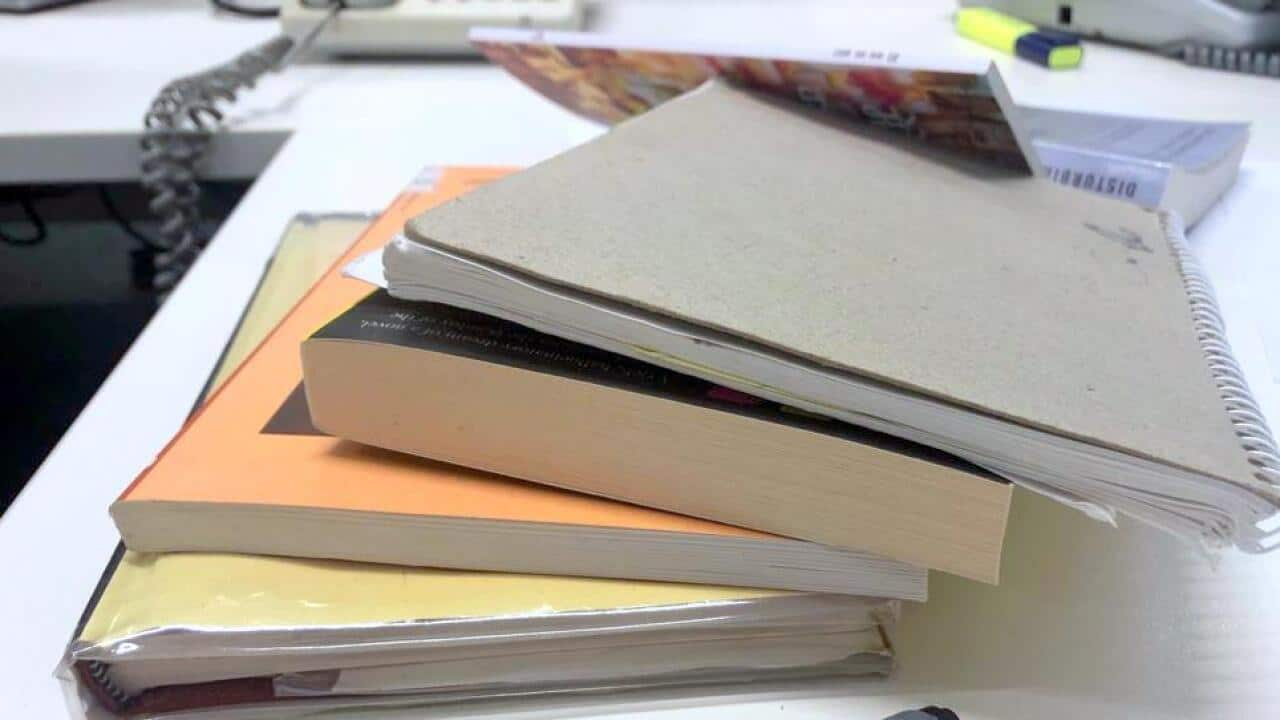Navneet Sharma, an Indian student who arrived in Australia after being granted a student visa on 23 May 2007, did not complete any course over a nine year period.
Sharma agreed that “the last course he had completed was in 2009” and that since then he did not complete any course according to the Federal Circuit Court’s decision.
Sharma’s visa application was refused in April 2015. He appealed against the decision. The case went on, and in June this year, the Federal court upheld the decision to denying Mr Sharma any further visa extension.
Another Indian student Gita* has a similar story. Gita arrived in Australia in September 2008 on a student visa to pursue a Bachelor of Business degree.
For the next eight years, she continued to live in Australia on a student visa and completed six courses ranging from a business course to an accounting course and then moving on to a printing and graphic arts course.
In September 2016, she applied for a further student visa to pursue a Graduate Diploma of Management.
Her visa was rejected by the Department of Home Affairs which found that Gita failed to demonstrate that she met the Genuine Temporary Entrant criteria.
These are not one-off cases. Many students have been denied the visa extension after spending extended periods of time in Australia on student visas.
This is trick students use to stay in Australia for as long as possible, says migration agent Rohit Mohan adding that the game starts from India itself.
“There are education agents in India who persuade students to move to Australia for studies. However, most of them are not registered migration agents. They don’t decide upon a student’s calibre or interest. They just try to get him or her a visa in any possible course."
"Students, too, want to get on the plane without knowing anything about the country they are going to,” explains Mr Mohan adding that the sole purpose of most of the students is to get a permanent residency in Australia.
“When they arrive here with admission in courses like Bachelor of Business or MBA they soon realise that these coursed do not help in getting a permanent visa,” according to Mohan who helps many students getting valid visas himself.
And the real ordeal starts for these students. They hop on from one course to another in the hope of securing a permanent visa. Many find a course that lands them a permanent residency eventually. However, those who don’t tend to keep the student visa extended.
And when finally, the Department of Immigration denies them any further extension in student visa category, they go to the Administrative Appeals Tribunal (AAT) against the decision. The Australian reported earlier this year that a surge in appeals by international students against unfavourable visa decisions has resulted in a backlog of over 43,000 cases in the AAT.
According to the report, at the end of May this year a total of 8603 cases of student visa refusals were pending before AAT, which is almost 30 per cent of the total active migration related courses.
Dr Jenny Stewart, a professor of public policy at the University of New South Wales at the Australian Defence Force Academy, sees this as a policy failure.

“It is a failure on the part of universities and also the immigration bureaucracy which is obviously failing to catch students who are doing this. But, there are a lot of people complicit in this, employers universities, immigration authorities. Even calling it a system is a bit overdoing it,” says Dr Stewart.
“It is a failure on the part of universities and also the immigration bureaucracy,"
Rohit Mohan agrees that there is a problem with the system at the visa grant level. “The Department approved many visas of students were just jumping from one course to another,” he says.
Dr Stewart connects this to universities bringing more students every year to earn more money. She says the universities are hooked on students.
“Many arrive to stay on by moving between visa categories," she says.
"The universities keep bringing more and more students every year as they are dependent on money these students bring,” she says adding, “they have to bring in more students every year because the ones who were actually doing the courses finished their courses, and it is like a never-ending treadmill.”
*Name changed.
